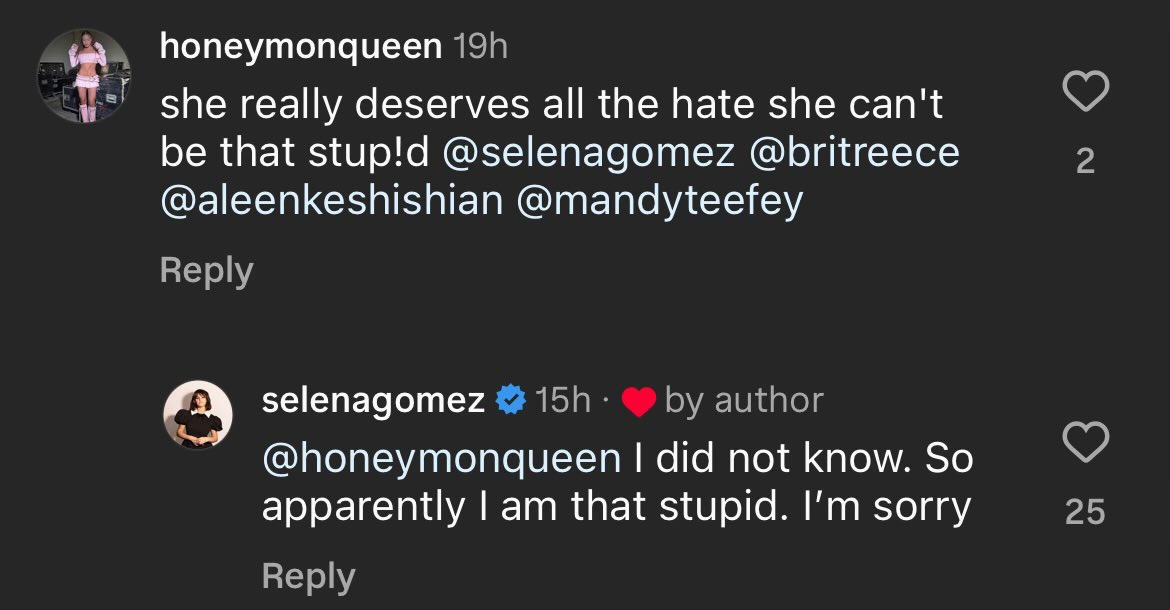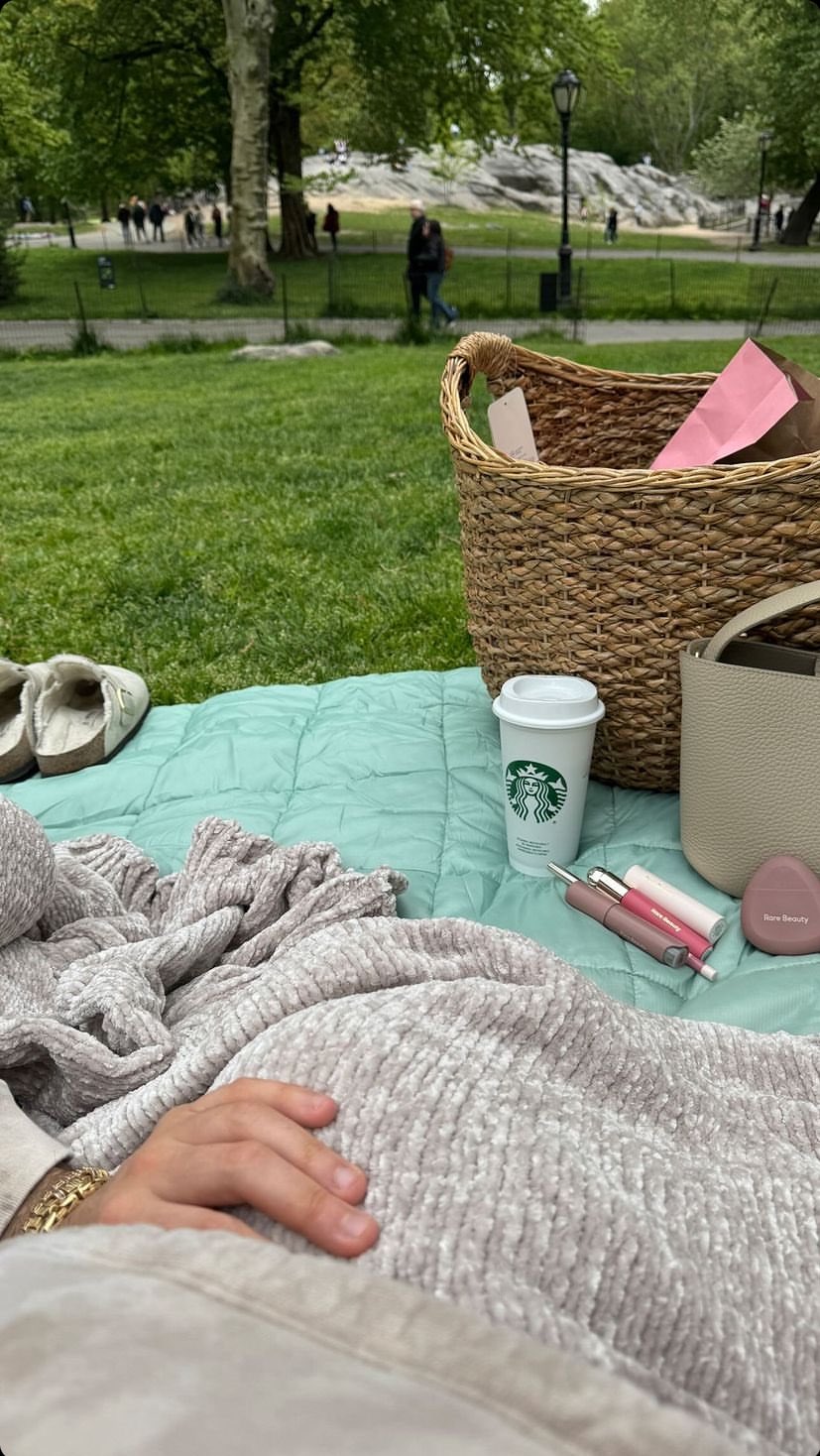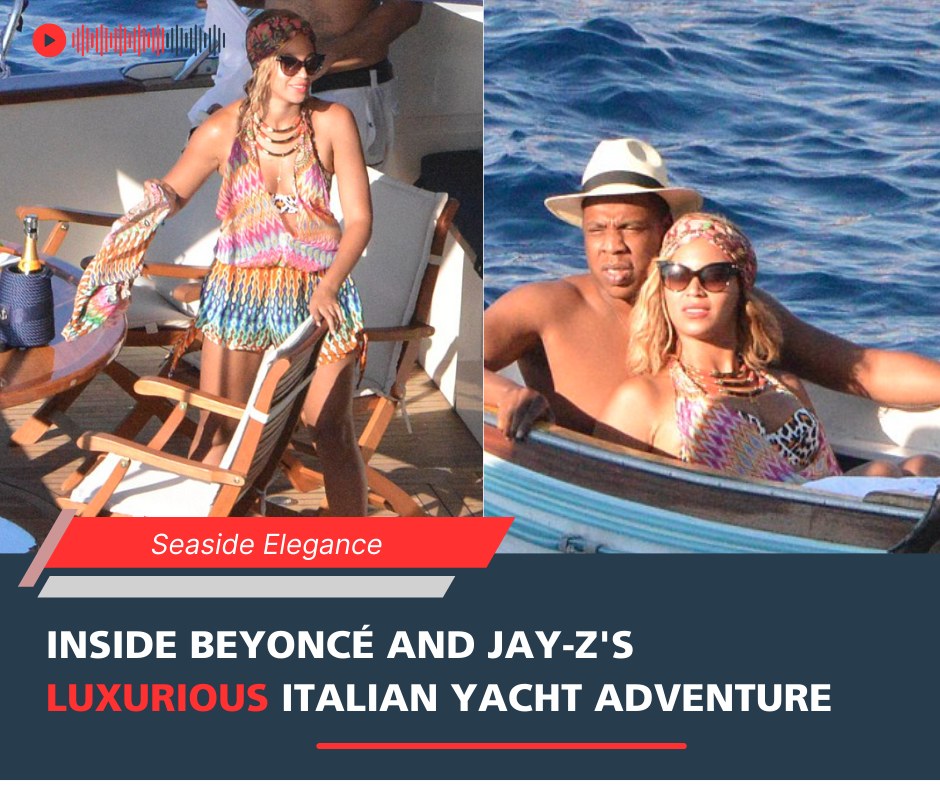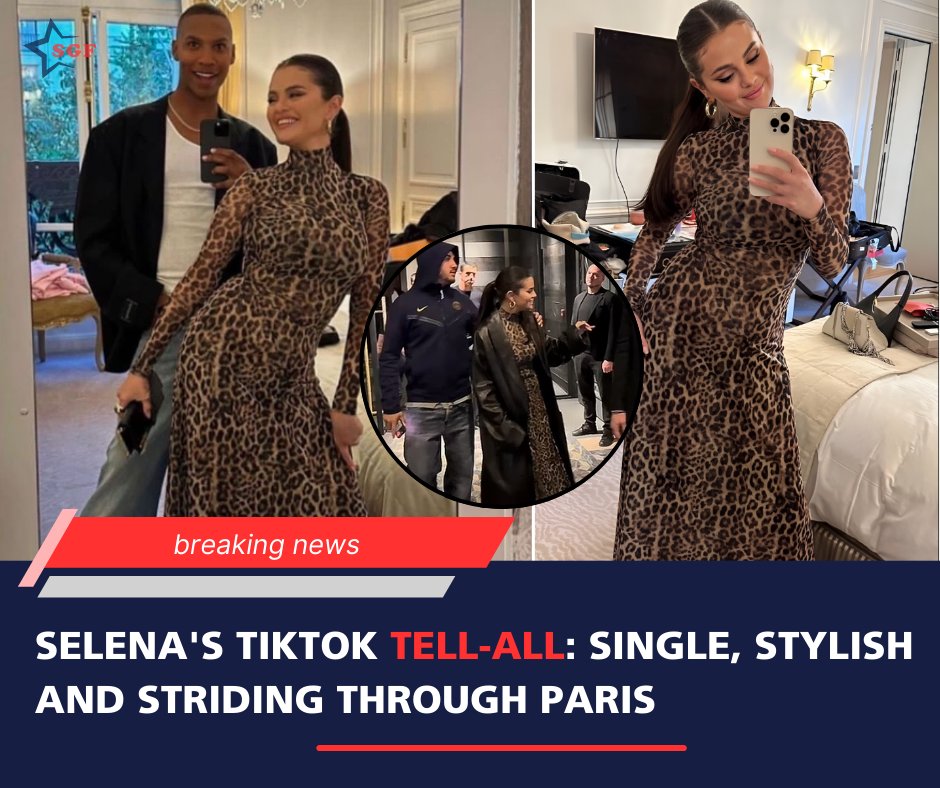Selena Gomez, the acclaimed singer and actress, recently became the inadvertent center of controversy for what was perceived as a benign Instagram post — a snapshot of her holding a Starbucks cup. The image, initially deemed innocuous, brewed a storm of contention among pro-Palestinian activists due to its unintended implications related to the Boycott, Divestment, and Sanctions (BDS) movement against Israel.
Here's ads banner inside a post
The stir arose when an observant fan flagged Gomez’s casual endorsement of Starbucks — a brand that has come under BDS scrutiny for its alleged Israeli affiliations despite Israel’s polarizing policies towards Palestinians. The fan’s insinuation of Gomez’s supposed unawareness ignited a cascade of critique, rekindling discourse on her perspective regarding the enduring Israeli-Palestinian conflict.
Here's ads banner inside a post
:max_bytes(150000):strip_icc():focal(697x171:699x173)/selena-gomez-traks-pm-121123-b9e56f9435e14b23bd03f86d55583f1e.jpg)
The episode has spotlighted the burgeoning influence of the BDS movement, a collective drive that aspires to enlist corporate and individual support in boycotting Israeli entities as a stand against the country’s dealings with Palestinians. As the movement gains traction, its advocates underline the imperative for accountability — urging entities to disentangle from contributing to perceived injustices against Palestinians.
Here's ads banner inside a post
In the episode’s aftermath, Gomez’s seemingly impartial stance drew additional examination. She was critiqued for her seemingly conciliatory donations — to humanitarian initiatives associated with both Israel and Palestine — in an attempt to balance the scales. Rare Beauty, Gomez’s own cosmetics line, intervened with a public declaration, revealing the firm’s humanitarian donations to Gaza.
Yet, despite intentions of solidarity with the Palestinian cause, her critics highlighted the contradiction entangled with funding efforts like Magen David Adom — Israel’s emergency medical services — which some perceive as an IDF affiliate. The firm’s “both-sides” strategy, according to dissenters, misses the mark of genuine activism, which they argue should eschew support for entities entwined in Palestinian oppression.
The Starbucks incident with Selena Gomez is emblematic of the intricate webs woven around celebrity activism and the weight of social consciousness. It confronts figures like Gomez with a reminder — the power and responsibility wielded by public personas, the imperative for informed exertions of influence, and the delicate dance of navigating geopolitically sensitive terrains. As the public conscience sharpens against the backdrop of global affairs, both celebrities and corporations must steer with cautious vigilance amidst the complexities of an increasingly conscientious world.





